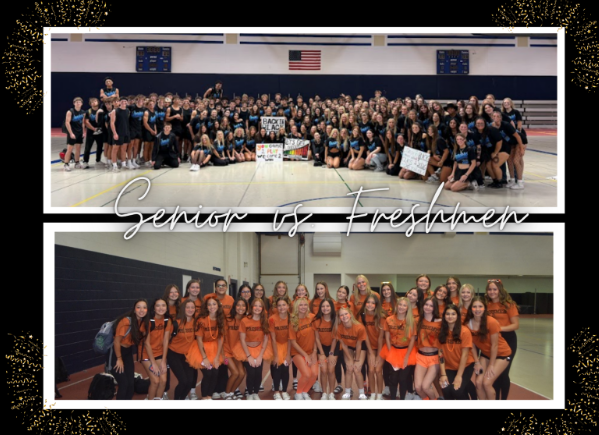When you see a car accident on the highway, your curiosity sometimes gets the better of you. You might slow down to look, stop completely or just turn your head briefly. But why? What is so fascinating about a crash?
This is an example of morbid curiosity-an interest in dark topics, most commonly, death. It explains why so many people are interested in intense media, such as true crime or horror fantasies. Morbid curiosity can differ, depending on each person. Some people barely indulge in this kind of curiosity, others crave to indulge.
After a crash, some drivers not only stop, but even record these crashes and share them without the victim’s knowledge. Anonymous users will upload videos and pictures of people in their most vulnerable moments. There are dedicated subreddits that house grotesque videos and images of people who have passed away with the comments littered with praise for it being a ‘good video’. They sustain an impressive amount of attention and positive reactions from morbid enjoyers alike.
These kinds of videos have even snaked their way into popular platforms such as TikTok and Instagram Reels. Though they get removed relatively quickly, it can still reach millions of people in a span of a few hours.
When people indulge in morbid curiosity, what they tend to forget is the families of these victims and how they react to people sharing their relatives tragedies like wildfire. Some people go as far as to find the families of these victims and send them the video over and over again, with the goal to retraumatize them and make the grieving process worse.
A Facebook livestream on Aug. 31, 2020 featured a family and best friend begging anonymous users to stop reposting a video of their loved ones’ horrific death. But their pleas fell on deaf ears; their tragedy is now one of the most popular and grotesque videos on the internet’s archives.
Though no one can stop you from viewing morbid media, there is still some personal checks you can do when continuing forward. Self checks can consist of just stopping and asking yourself, “how will this affect me?” or “is this video necessary for me to view?”. Watching graphic events will more often than not drag you down, even if you think it is fascinating or entertaining. Constant breaks and mental checks usually go a very long way, even if you do not believe so.








